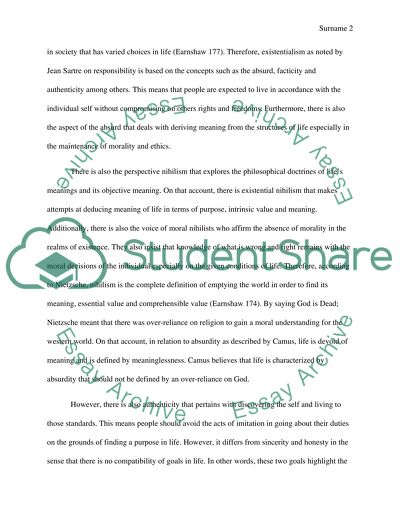Cite this document
(“Existentialism Essay Example | Topics and Well Written Essays - 1500 words”, n.d.)
Retrieved de https://studentshare.org/philosophy/1464159-existentialism
Retrieved de https://studentshare.org/philosophy/1464159-existentialism
(Existentialism Essay Example | Topics and Well Written Essays - 1500 Words)
https://studentshare.org/philosophy/1464159-existentialism.
https://studentshare.org/philosophy/1464159-existentialism.
“Existentialism Essay Example | Topics and Well Written Essays - 1500 Words”, n.d. https://studentshare.org/philosophy/1464159-existentialism.


